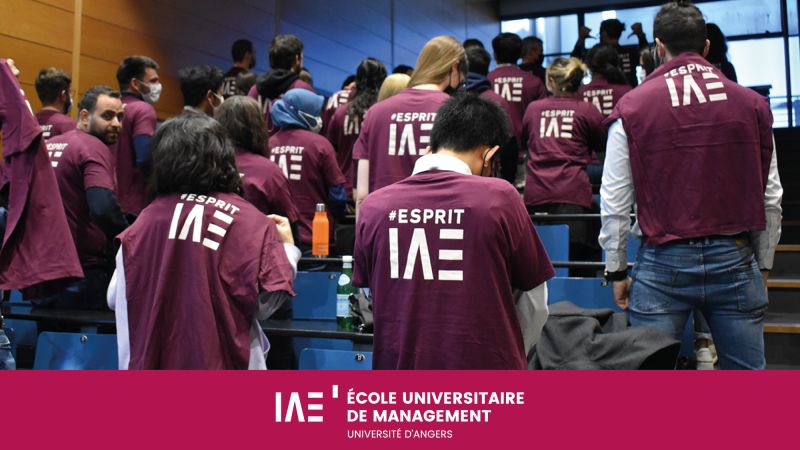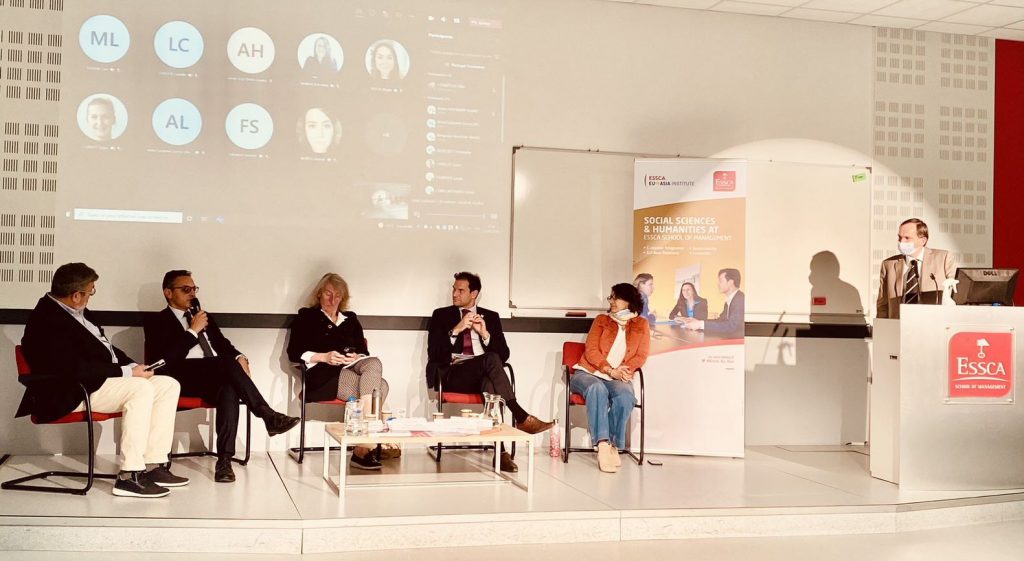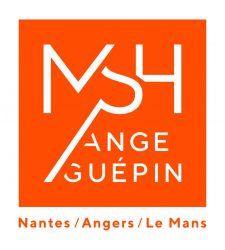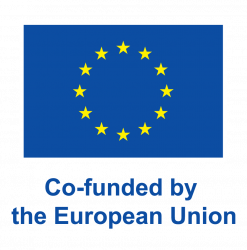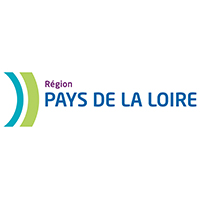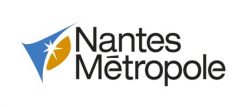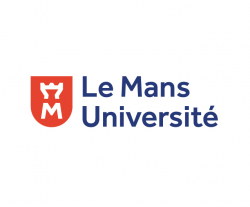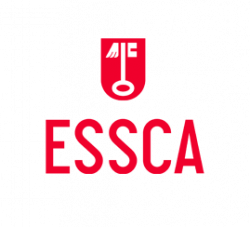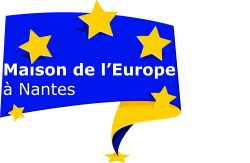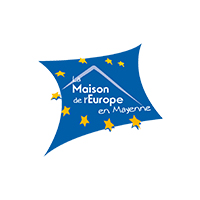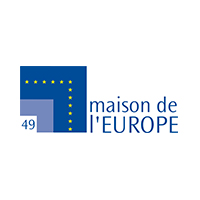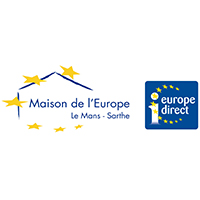* European and International Studies
Master in Political Science of Europe
Presentation
(FR content)
Basic information
Duration: 2 years
The Master's Degree in Political Science of Europe aims to train general experts in public action and acts as a link between the research community and the professional world. Thanks to its varied programme, students can understand and learn about the theoretical frameworks, problems, current issues, methodologies and techniques specific to the field of political science, but also discover the world of research.
Thus, in their second year, students are brought to work with researchers from the DCS laboratory and the European radio station Euradio, which allows them to practice the conception and production of broadcasts.
Employment opportunities
There are many career opportunities in the civil service (local, national or European), in the field of communication or in higher education and research.
Types of positions: research officer, consultant, project manager, project leader, programme coordinator, executives in charge of strategic steering and implementation of public action at local, national or European level, evaluation officer, political communication, journalism, parliamentary assistant, jobs in the civil service.
International
- Language courses (English, German, Spanish)
- Possibility to spend a semester abroad (Erasmus) or to do an internship
Professionalization
- Internship encouraged at the end of the 2nd year of the master's programme
- Seminars on legal professions
Information and admission
Access to this course, which is part of SHS, is selective (capacity of 25 students). It is open to students holding a Bachelor's degree in History, Geography or Sociology, in Public Law or Political Science, in Literature and Languages or Applied Foreign Languages. Fluency in English is required.
Access to Master 2 is selective, based on academic record. Students who have validated the first year of the Master's degree in Political Science or any other Master 1 (political science, European studies, humanities...) can apply.
Faculty and diploma's supervisor
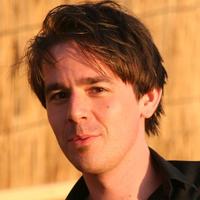
Tristan Storme
Tristan Storme
Lecturer in political science at the University of Nantes. Member of the Centre for Political Theory, Université libre de Bruxelles.
Tristan Storme studied at the ULB in Brussels. He is a specialist in political theory applied to Europe. His work focuses in particular on the articulation of the political and the religious in Europe, on the reuse of concepts from Carl Schmitt by many intellectuals in the debate on Europe. He is the author of Carl Schmitt et le marcionisme. L’impossibilité théologico-politique d’un œcuménisme judéo-chrétien, published by Éditions du Cerf in 2008 and L’actualité du Tractatus de Spinoza et la question théologico-politique, co-directed with Quentin Landenne in 2014.
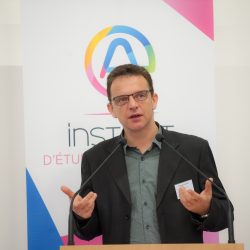
ARNAULD LECLERC
ARNAULD LECLERC
Professor of political science at the University of Nantes and director of the Maison des Sciences de l'Homme Ange-Guépin from 2015 to 2020. Holder of the “Telos, Ethos, Nomos Europa” Jean Monnet Chair. Coordinator of Alliance Europa's Axis 1 "Governing Europe in a globalised world".
A member of the Law and Social Change Laboratory (CNRS/University Joint Research Unit n°6297), Arnauld Leclerc is a specialist in political theory applied to Europe. He directs the Master 2 in Political Science of Europe and created in 2011 an original selective bachelor’s degree dedicated to the multidisciplinary study of Europe. All the classes he teaches relate to European studies, contributing to the vitality of this field and to the debates on European issues through his regular participation in public debates and the organisation of numerous scientific and extra-academic events. He is the president of Euradio, a radio school specialising in European issues, welcoming students from all over Europe every year and broadcasting in several languages.
He is the coordinator of the Chair of European Philosophy project held by philosopher Jean-Marc Ferry, and the author of several collective works including Les intellectuels et le pouvoir. Déclinaisons et mutations (Presses Universitaires de Rennes, 2012), Conclusion : La citoyenneté européenne en temps de crise and L’Europe : crise et critique (Presses de l’Université de Paris-Sorbonne, 2016, 2017) and Du mot au concept. La démocratie comme intellectualisation de la dispute sociale (2017), L’Europe face au défi des religions: construire un espace public par-delà la sécularisation (2017). His research themes are the the philosophy of Europe, the theory of democracy and the philosophy of the university.
See the page of the “Télos Ethos Nomos Europa” Chair.
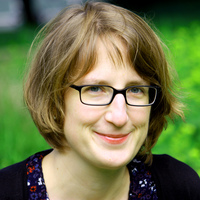
CLEMENCE LEDOUX
CLEMENCE LEDOUX
Lecturer in Political Science at the University of Nantes.
– Co-responsible for the Master 2 Political Science of Europe
– Research topics: Public Policies, Comparison, Social Policies in Europe, Gender, Care.

Faculty of Law and Political Science of the University of Nantes
Faculty of Law and Political Science of the University of Nantes
Located on the Tertre campus, the Faculty of Law and Political Science is one of the most important department of the University of Nantes.
The diversification of the courses offered, the regular collaborations between teachers and professionals, the originality and recognition of the research carried out there, the constant international opening and the skills of all the staff attract a growing number of students.
It is also present on the La Roche-sur-Yon site.
http://www.droit1.univ-nantes.fr/
